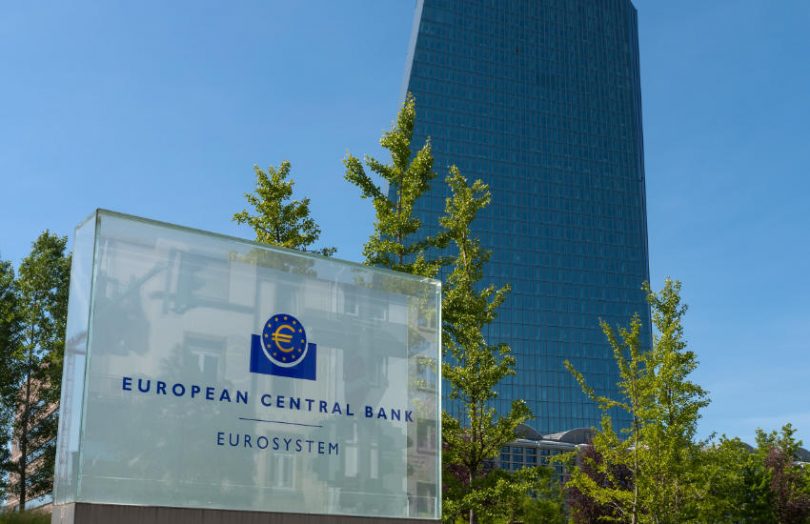Yesterday the European Central Bank (ECB) outlined the broad brush process needed to vet banks that want to get involved in crypto-asset activities. It wants to ensure the licensing process is consistent across Europe, noting that several German banks have requested licensing for some activities.
It’s unlikely a coincidence that a day earlier, the U.S. Federal Reserve published a letter requesting that banks inform the central bank before undertaking crypto-asset activities and outlining the self-assessment process.
What is different is that the EU is moving towards substantially regulating the sector with its Markets in Crypto-assets (MiCA) regulation provisionally approved at the end of June.
For its part, the ECB will review licensing requests according to the Capital Requirements Directive and consider three factors:
- Business models and their risk profile
- Internal governance
- Fit and proper assessments, particularly around IT competence.
The central bank highlighted crypto key security and money laundering as key risks.
Regarding capital requirements, the international Basel Committee is currently assessing the balance sheet rules for banks participating in cryptocurrency and blockchain activities. It’s in the process of conducting a second round of consultations.
Meanwhile, last month the ECB’s research team published a deep dive into crypto-assets, stablecoins and DeFi.






